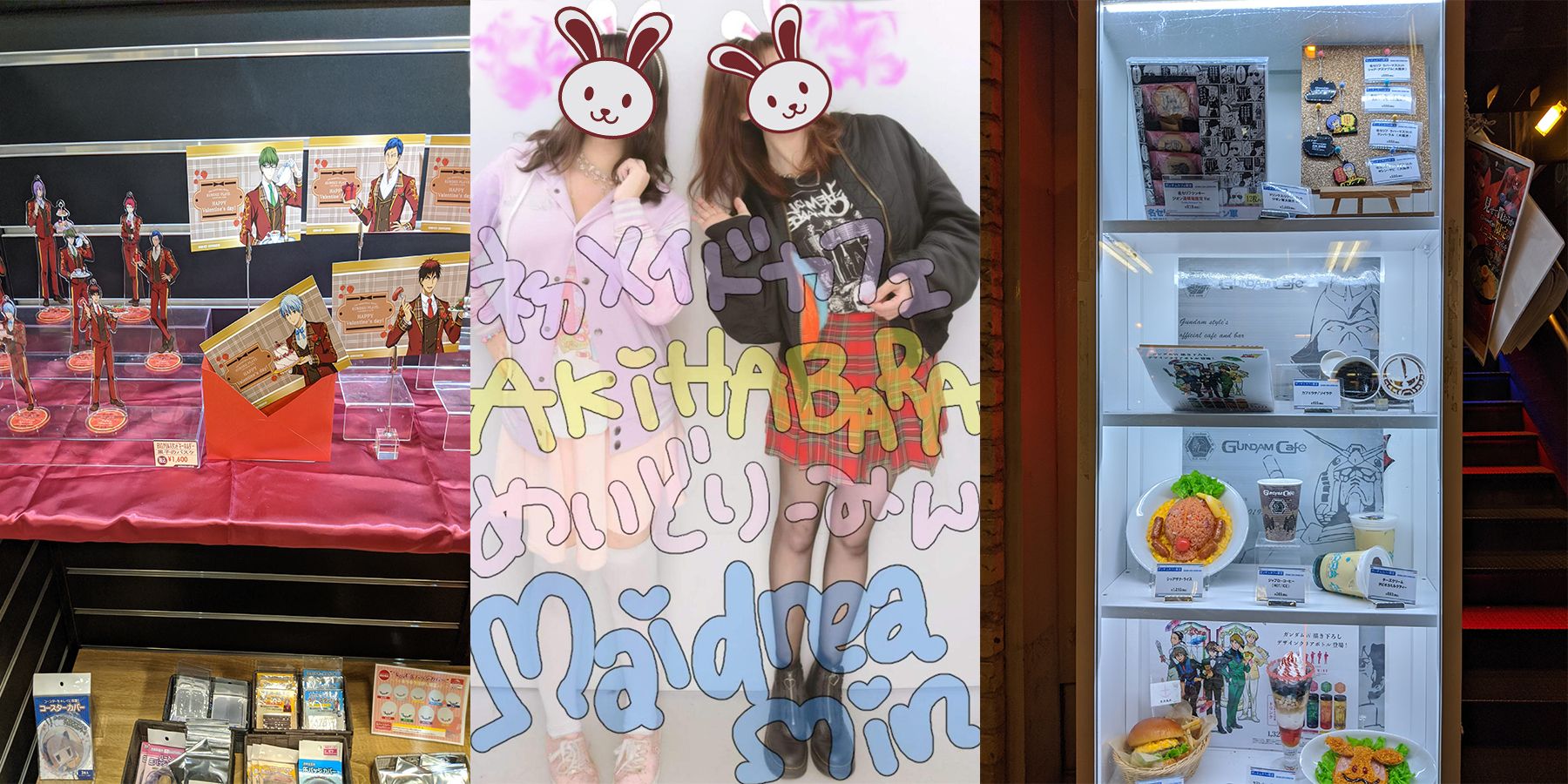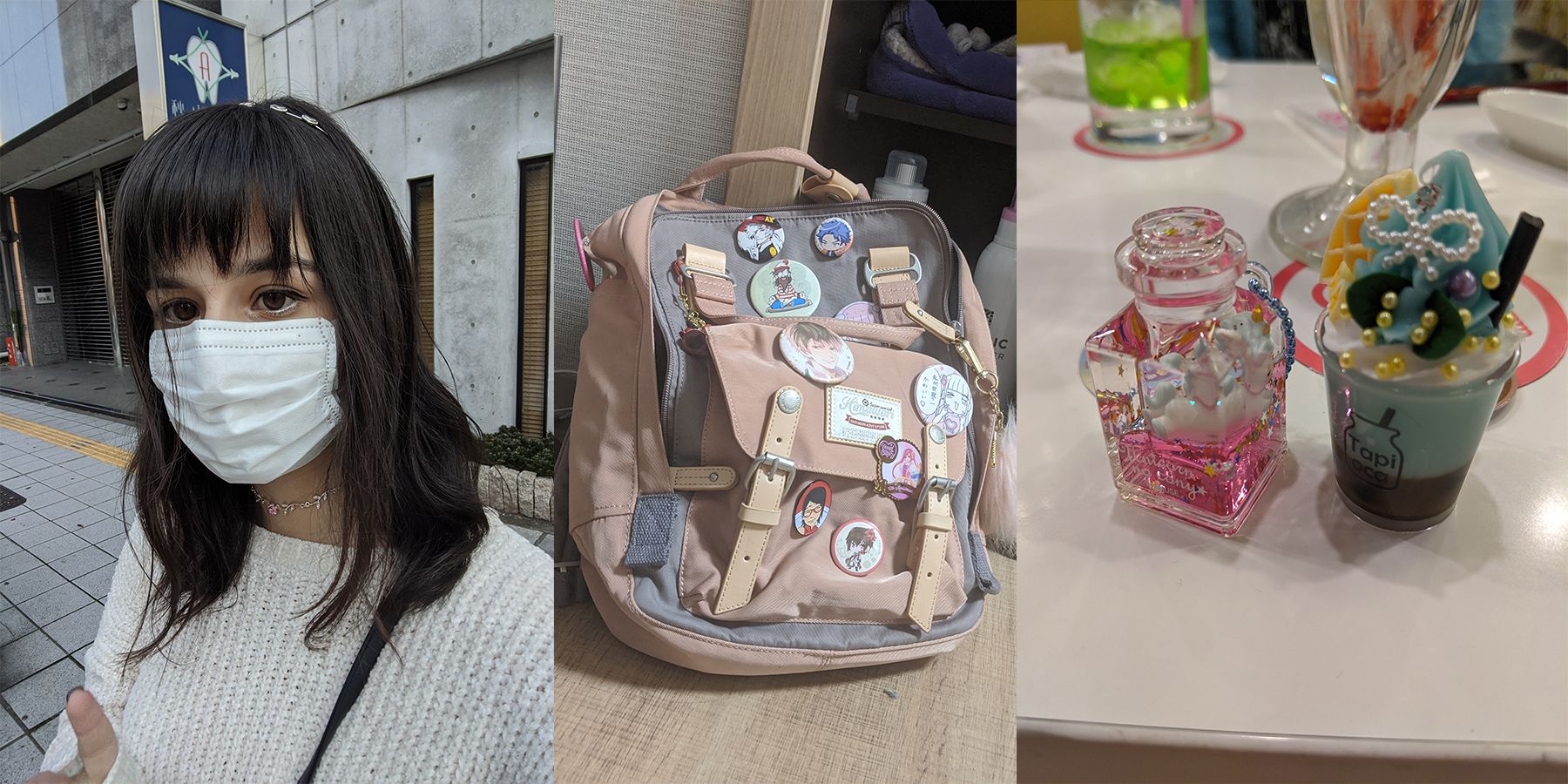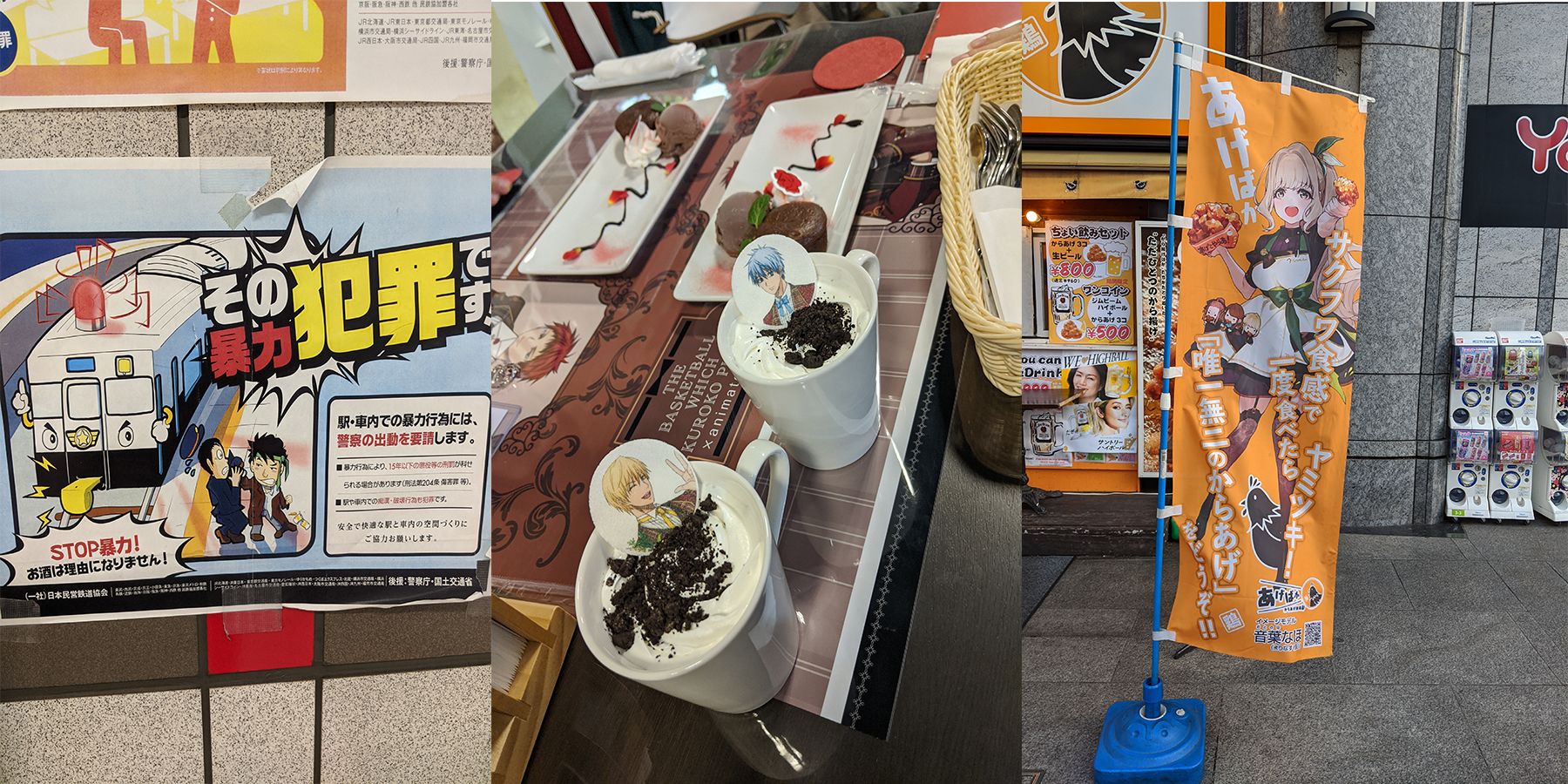Anime and manga, while a popular medium enjoyed by many, and known for its pop culture presence in Japan, may not be as beloved as one might think. "Enjoy things in moderation" as they say, and it's not a bad thing to have a hobby, but having it as a passion may be too much, at least in Japan. While passions can lead to obsessions, "otaku culture" is more associated with obsession from the getgo. "Otaku" often refers to someone who has a passion for anime, manga, and video games. Though "otaku" can refer to other passions (ex: 電車オタク or "Train Otaku"), this will mostly focus on the pop culture aspect of otaku culture.
Within Japanese society, this is best kept a secret and any passions can have a negative effect on a person's reputation. After all, anime is not real and surely collecting figurines and cosplaying is not normal? Children are expected to be excitable - not adults. That is one-way Japanese society may look at someone who is an otaku. If the majority are not otaku, then it's expected that no one else is. That is, if you are part of the majority. But if you stand out from the beginning, like a foreigner who's already expected to be different, being an otaku wouldn't carry as much shame.
The Geeky Friend
In earlier movies in the West, it was the nerd that was the comic relief character. They were the ones what drove the jokes and the second favorite to the main character. This may extend to real life, where liking superheroes and video games was out of the norm until it reached the main stream. Those who grew up in the mid to late 2000s may be unfamiliar with having to watch an anime episode in 3 separate parts on YouTube, subtitled by a small group of people and uploaded in low resolution. Or having to stay up every Saturday night to watch their favorite anime's next episode on Toonami. This was in the West for the most part, and watching anime in one's free time wasn't a bad thing - though having any sort of passion for it, was another story. The same rings true for modern day Japan. While nowadays Americans embrace the concept of cosplay, having anime themed merchandise, figure collections, posters, and plushies, Japan still keeps it on the down low. But this doesn't mean anime otaku don't exist.
Enter an American exchange student who will be studying in Osaka. In her home country, she is an avid collector, artist, cosplayer, and gamer - another person with a passion. In Japan, she's an "otaku". On her purse and backpack, she has countless buttons of Menhera-chan and other cute keychains she's acquired over the years at various cosplay conventions. She even has some omiyage gifts ready to give out to any potential friends who share the same hobby. But when she steps foot in Japan, she notices no one else is as expressive as she is. She isn't berated for it, and still gets treated the same as the other returnees to Japan. And when she meets up with her friend in Tokyo, they visit Akihabara and enjoy their time together. Quickly, she notices there's a difference in fashion trends and mannerisms based on location. Only in Akihabara and Harajuku are there people wearing bright colors, keychains, or even cosplay accessories. Everywhere else is business as usual. Surely Tokyo doesn't represent Japan as a whole - and sure enough, it doesn't.But a cultural norm is still a cultural norm.
Where Are The Waifus?
Osaka is much more laid out and lax - people are a bit more friendly and talkative - so it's easy to make friends. Just like in Tokyo, they welcome the outsider to Japan and wish her well, tatemae mannerisms included. Though public transportation and fliers have conventionally cute anime characters, still no one around her wears anything of the sort. Japan is still enjoyable however, and for the most part, the way of living and physical environment is accurate to anime and manga. Alas, one day she meets another girl with an anime pin on her bag, any "otaku" would be able to spot one of their "kind" from a mile away! Unlike the exchange student though, this one is Japanese, and the two begin to excitably bond with each other before the latter quietly admits, albeit sounding somewhat shamefully, that she is an otaku. No one's questioned the foreigner's style of choice, but her new Japanese friend prefers to fangirl with her in private.
This behavior from locals continue when she visits another friend in Sannomiya, where they visit the famed Animate Café - arguably every otaku's favorite place to dine. Two other girls that sit next to them excitedly exchange info with each other, and during conversation, they too quietly admit they're otaku. Now it makes sense, being an otaku is best kept a secret! And the best way to make like-minded friends is by being in places that attract them. Cosplay and collecting is still a very valid hobby, but usually among otaku - others still enjoy it in moderation, though. A foreigner however, is already expected to be "weird" and non-conforming so having multiple groups of friends isn't much of a social concern, though they won't be recognized as "truly" Japanese.
The Reality
Unfortunately an "otaku" foreigner will not always have as much as an easy time as this one did - especially among the older generation, in professional settings, and in smaller areas - but to see the separate lives Japanese otaku lead offers a unique perspective of being a conventional "geek" in Japan. And to live in Japan as a full-time resident, one will have to learn to adapt and separate their passions from their everyday life as well. This is not a bad thing, however, but a different way of life - and as they say, everything is best enjoyed in moderation. Besides, how exciting is it to explore two sides of yourself, after all?




